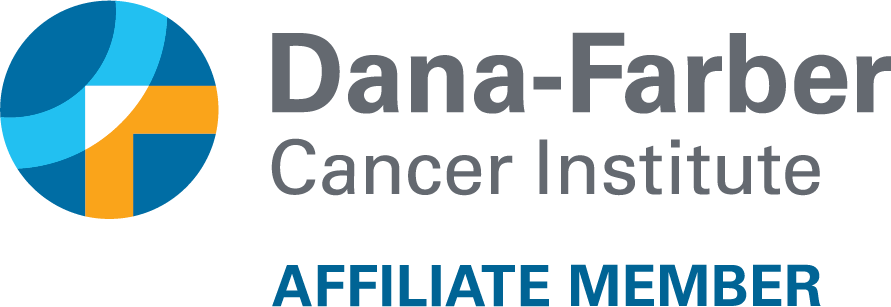Brain Cancer
What is Brain Cancer?
Brain cancer is a condition where abnormal cells in the brain grow uncontrollably, forming a tumor. Brain tumors can be either primary (originating in the brain) or secondary (metastasizing from other parts of the body). They can also be classified as benign (non-cancerous) or malignant (cancerous).
What are the Symptoms of Brain Cancer?
Brain cancer symptoms vary depending on the tumor’s size, type, and location. Common symptoms include:
- Persistent headaches
- Seizures
- Nausea and vomiting
- Vision or hearing problems
- Balance and coordination issues
- Cognitive and personality changes
- Memory problems
- Speech difficulties
- Weakness or numbness in limbs
How is Brain Cancer Diagnosed?
Brain cancer is diagnosed through a combination of:
- Neurological exams to assess brain function and detect abnormalities.
- Imaging tests such as MRI, CT scans, and PET scans to visualize the brain and locate the tumor.
- Biopsy, where a sample of the tumor is removed and examined under a microscope to determine the type and grade of cancer.
- Lumbar puncture (spinal tap) to check for cancer cells in the cerebrospinal fluid, if necessary.
What are the Common Treatments for Brain Cancer?
Treatment for brain cancer depends on the tumor’s type, size, location, and the patient’s overall health. Common treatments include:
What is Surgery for Brain Cancer?
Surgery involves removing as much of the tumor as possible. It can relieve symptoms and help diagnose the exact type of brain cancer. Types of surgery include craniotomy and minimally invasive techniques.
What is Radiation Therapy for Brain Cancer?
Radiation therapy uses high-energy beams to target and kill cancer cells. It can be used alone or in combination with surgery and chemotherapy.
How Does Chemotherapy Work for Brain Cancer?
Chemotherapy uses drugs to destroy cancer cells. It can be administered orally, intravenously, or directly into the cerebrospinal fluid.
What is Targeted Therapy for Brain Cancer?
Targeted therapy involves drugs that specifically target cancer cell mechanisms, aiming to minimize damage to normal cells. This treatment is often used for tumors with specific genetic mutations.
What is Immunotherapy for Brain Cancer?
Immunotherapy helps boost the immune system to fight cancer more effectively. It includes treatments like immune checkpoint inhibitors and vaccines.
What is Tumor Treating Fields (TTF) Therapy?
TTF therapy uses electric fields to disrupt cancer cell division, slowing or stopping tumor growth. It is often used in combination with other treatments.
What are the Side Effects of Brain Cancer Treatments?
Side effects vary depending on the treatment type and the patient’s overall health:
- Surgery: Risks include infection, bleeding, and changes in brain function.
- Radiation Therapy: Common side effects are fatigue, skin irritation, hair loss, and cognitive changes.
- Chemotherapy: Side effects may include nausea, vomiting, hair loss, fatigue, and increased risk of infection.
- Targeted Therapy: Potential side effects include skin rashes, diarrhea, and liver problems.
- Immunotherapy: Side effects can range from mild flu-like symptoms to more severe immune-related reactions.
- TTF Therapy: Possible side effects include skin irritation at the treatment site and discomfort from the device.
What is the Prognosis for Brain Cancer Patients?
The prognosis for brain cancer varies widely depending on factors such as the tumor type, location, size, and the patient’s age and overall health. Early detection and treatment improve the chances of a better outcome. However, some brain cancers, especially high-grade gliomas, can be challenging to treat and may have a lower survival rate. Ongoing follow-ups and monitoring are essential for managing brain cancer and detecting any recurrence early.

Related Services
Brain Cancer Physicians
Brain Cancer Team Members
Financial Advocacy

Financial Advocates
If you are experiencing financial distress due to treatment costs or the inability to work, we want you to know that we offer financial advocates who are here to help. Our advocates can assist you in finding resources and support through various third-party organizations, ensuring you have access to the financial assistance you need during this challenging time. Please don’t hesitate to reach out to our team for guidance and support.






